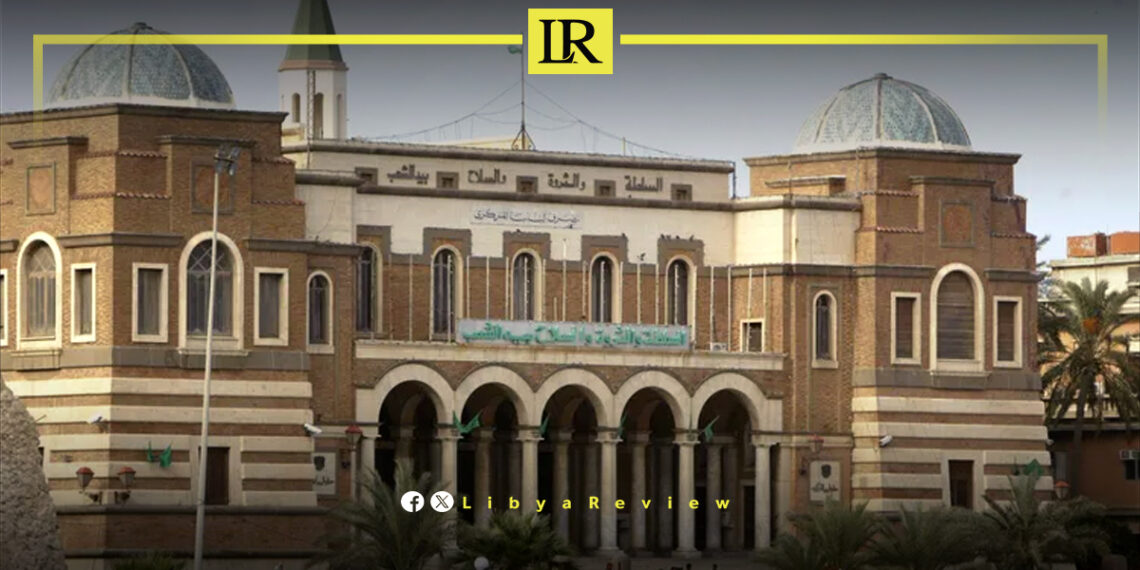The Libyan dinar has experienced a sharp decline in the black market, primarily driven by the ongoing leadership dispute within the Central Bank of Libya (CBL) and the halting of oil exports. The dinar’s fall highlights growing concerns about Libya’s fragile economy, which has long been under pressure due to political divisions and economic instability.
On Monday, traders in Tripoli’s black market reported that the dollar was trading at 7.95 Libyan dinars, a significant drop from the 7.36 dinars seen just a week earlier. This 8% depreciation comes as the official exchange rate remains fixed at 4.7 dinars per dollar, creating a widening gap between the official and black-market rates.
The dip in the currency’s value is closely tied to the central bank’s inability to issue letters of credit, a crucial mechanism for enabling trade and managing foreign currency flows. With the leadership of the Central Bank of Libya in question, operations have largely stalled, and the flow of dollars into the Libyan market has significantly diminished.
This shortage has only been worsened by the interruption of oil exports, which constitute the backbone of the Libyan economy. The halt is the result of a political standoff between factions in eastern Libya, which have shut down major oil fields in protest over the central bank’s leadership.
As a result, Libya’s ability to generate revenue has been severely compromised, with the declaration of “force majeure” on several oil fields signaling that the government cannot meet its export obligations. This reduction in dollar inflows has created a scarcity that is being felt acutely on the black market, where traders now face a surge in demand for foreign currency.
One trader told Reuters, “The exchange rate is unstable because dollars are not flowing into the country and oil exports, our only revenue source, have stopped.” This instability in the exchange rate has led to increased inflationary pressures, raising the cost of imported goods and amplifying the financial struggles of ordinary Libyans.
The Central Bank of Libya, already hamstrung by the political crisis, is facing limitations in accessing international currency markets. Without the ability to leverage its reserves or bring in foreign capital, it has struggled to maintain the official exchange rate, leaving the black market to play a growing role in determining the real value of the dinar.
Experts fear that the currency’s value could drop even further if the political deadlock continues. “If the crisis persists, the dinar could drop even further in the coming days,” one trader warned. With the country’s leadership in disarray, oil exports stalled, and the central bank unable to take decisive action, the outlook for Libya’s economy remains bleak.
Libya’s ongoing instability has already had devastating effects on the livelihoods of millions of its citizens, and the continued erosion of the currency threatens to make the situation even worse. Until a resolution is found in the Central Bank’s leadership struggle, and oil exports can be resumed, the economic pain will likely deepen, putting further pressure on the Libyan dinar.


